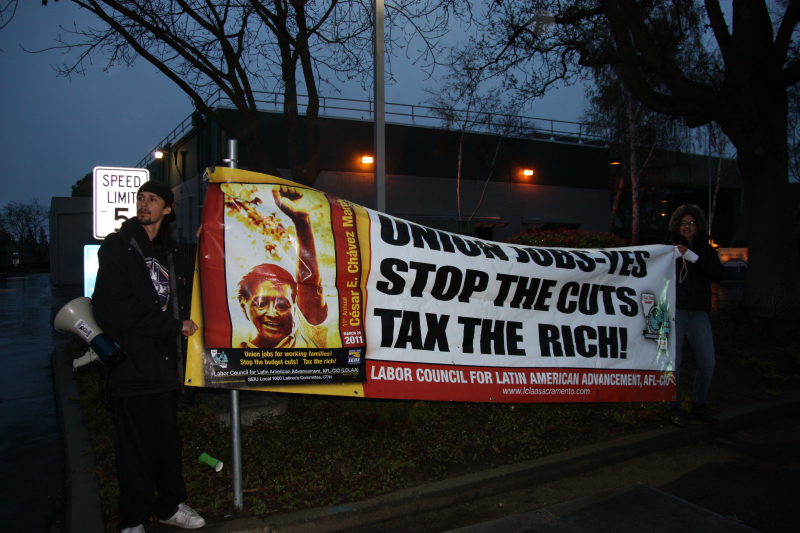
ACLU Staff Attorney Urges Full Release Sooner Rather than Later –
Following Friday’s court ruling, it comes as little surprise that the release of the pepper spray report will be further delayed. While the judge’s ruling on Friday appeared to clear the way for a release of portions of the report, that decision ultimately rests with the university, as well as with Former Supreme Court Justice Cruz Reynoso. Mr. Reynoso, in a letter to President Mark Yudof, on Tuesday indicated that he would prefer that the report be released in whole rather than in piecemeal fashion.
“As I previously stated, the Task Force has worked very hard and diligently over the past few months to ensure that the Davis community and the public get a thorough account of the events that took place on November 18, 2011, and has produced thoughtful recommendations to meet your charge to the Task Force,” the former justice wrote. “Releasing portions of the Task Force report in piecemeal fashion would provide a skewed view of our findings and undercut the rationale behind our recommendations.”
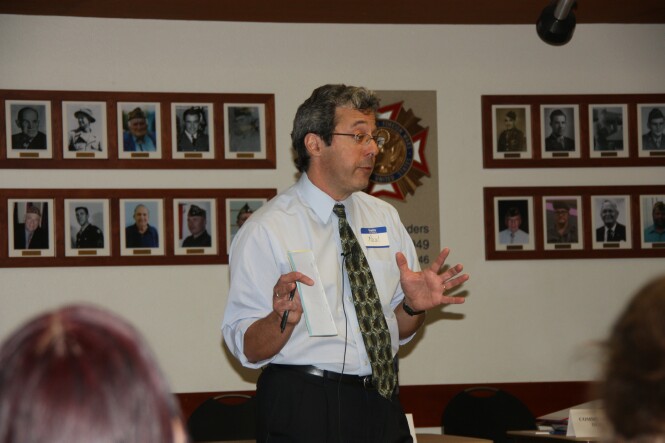

 by Matt Williams –
by Matt Williams – 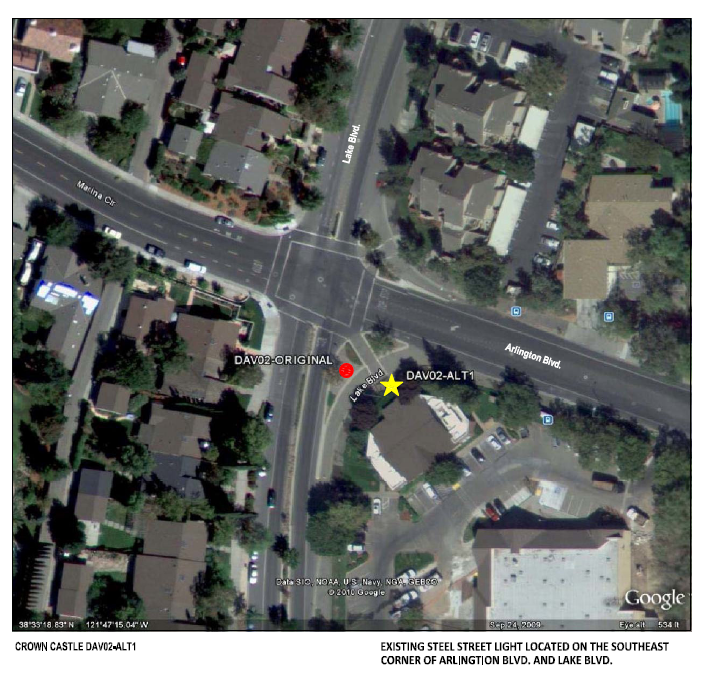
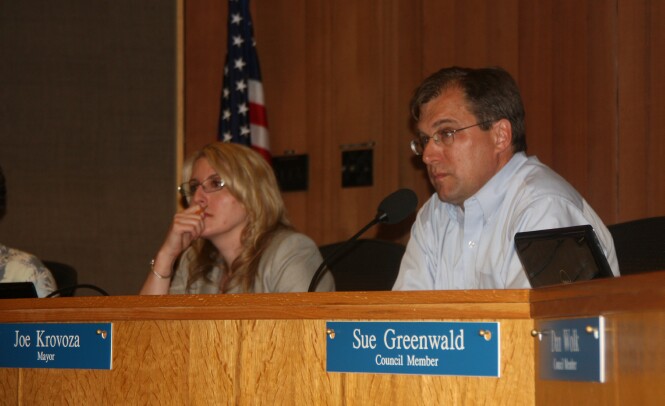
 Local Critics Believe Yolo County Could Do Better in Allocating Funding and Changing Current Incarceration Strategies –
Local Critics Believe Yolo County Could Do Better in Allocating Funding and Changing Current Incarceration Strategies – 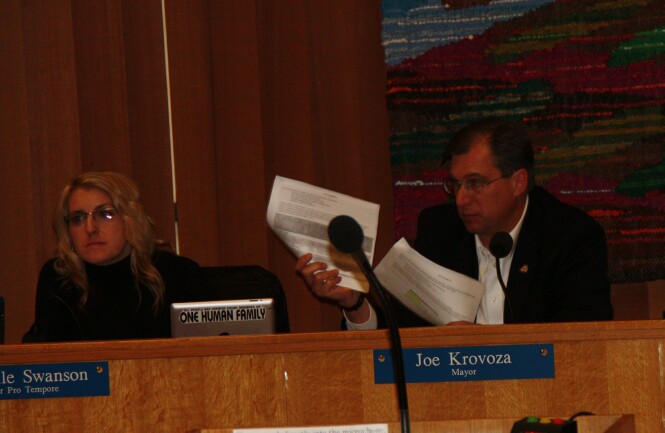
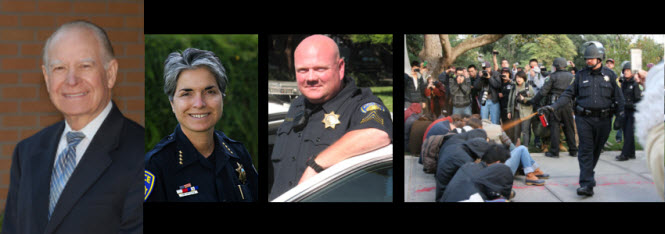
 On March 2, 2012, Edward Lee Elmore was released from prison in South Carolina for a crime he had not committed. But in order to do so, he had to agree to what is known as an Alford Plea – a plea arrangement in which he maintained his innocence but agreed the state could re-convict him of murder in a new trial.
On March 2, 2012, Edward Lee Elmore was released from prison in South Carolina for a crime he had not committed. But in order to do so, he had to agree to what is known as an Alford Plea – a plea arrangement in which he maintained his innocence but agreed the state could re-convict him of murder in a new trial. In 2009, NewPath Networks sought to install a Distributed Antenna System (DAS) network in Davis. City staff issued encroachment and related building permits for the project, which included 24 antenna structures on a combination of both new stand-alone poles and co-location of antennas on existing joint utility poles.
In 2009, NewPath Networks sought to install a Distributed Antenna System (DAS) network in Davis. City staff issued encroachment and related building permits for the project, which included 24 antenna structures on a combination of both new stand-alone poles and co-location of antennas on existing joint utility poles.
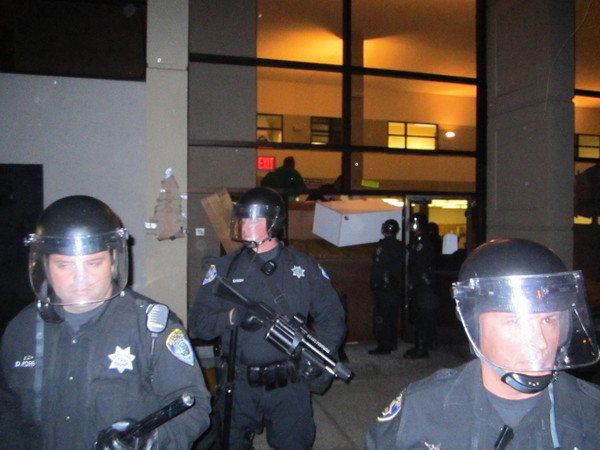 It is not a secret that, in their endeavor to bring the world their story, journalists expose themselves to risks similar to those which confront the individuals they are covering. Look no further than the journalists who have been kidnapped and murdered covering war and other activities in the Middle East.
It is not a secret that, in their endeavor to bring the world their story, journalists expose themselves to risks similar to those which confront the individuals they are covering. Look no further than the journalists who have been kidnapped and murdered covering war and other activities in the Middle East.
 Those who believe that the election of Barack Obama in 2008 marked the end of racism in this nation are, simply put, wrong. It may symbolize that the majority of the people in this country are willing to, under the right circumstances, vote for an African-American.
Those who believe that the election of Barack Obama in 2008 marked the end of racism in this nation are, simply put, wrong. It may symbolize that the majority of the people in this country are willing to, under the right circumstances, vote for an African-American.
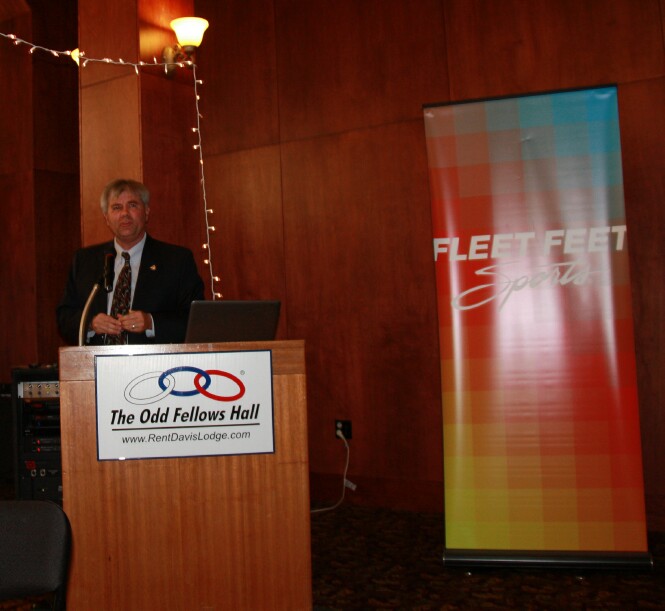 Phantom Decisions Seem to Plague City Budget
Phantom Decisions Seem to Plague City Budget When Davis voters approved Measure C on March 6, the parcel tax would generate enough annual revenue to save around 87 jobs that could have faced elimination had the measure failed.
When Davis voters approved Measure C on March 6, the parcel tax would generate enough annual revenue to save around 87 jobs that could have faced elimination had the measure failed. On March 9, 2012, a Yolo County Jury of eight women and four men acquitted Christopher Spatola of a single misdemeanor count of a violation of Penal Code section 148, obstructing or delaying a peace officer in carrying out the legal performance of duties.
On March 9, 2012, a Yolo County Jury of eight women and four men acquitted Christopher Spatola of a single misdemeanor count of a violation of Penal Code section 148, obstructing or delaying a peace officer in carrying out the legal performance of duties.
 The Vanguard covered the school board’s March 8 special meeting at Harper Junior High, where they listened to opposition from parents, particularly parents of Pioneer Elementary School students, to a recommendation possibly splitting the elementary schools.
The Vanguard covered the school board’s March 8 special meeting at Harper Junior High, where they listened to opposition from parents, particularly parents of Pioneer Elementary School students, to a recommendation possibly splitting the elementary schools.
